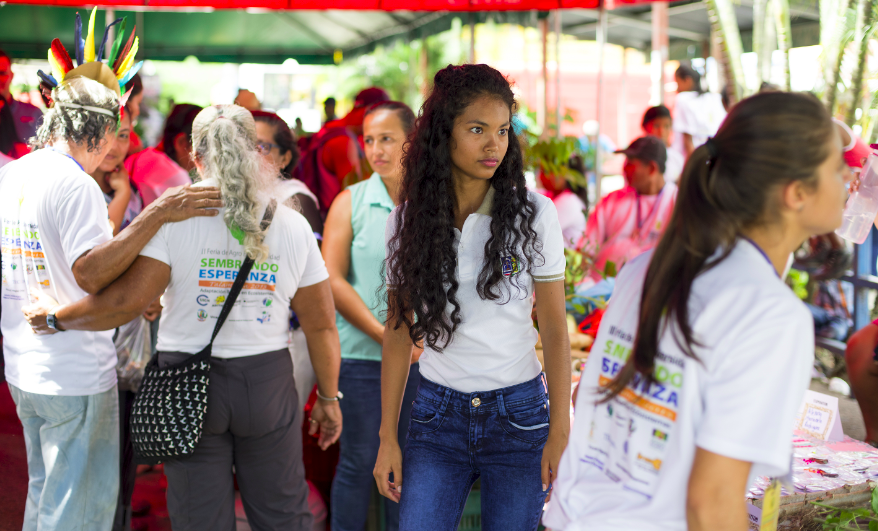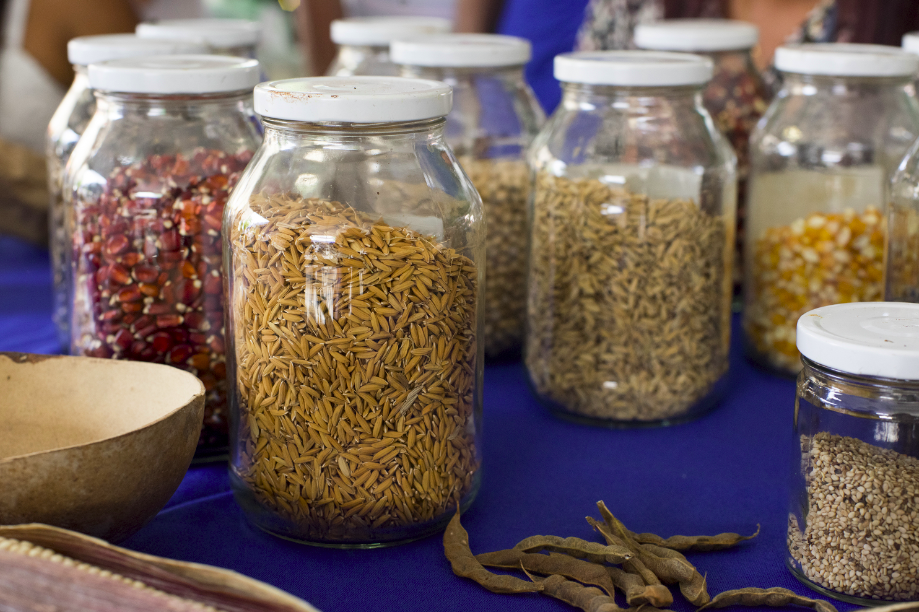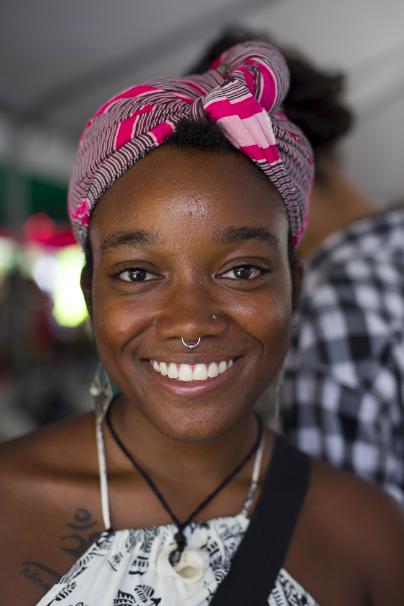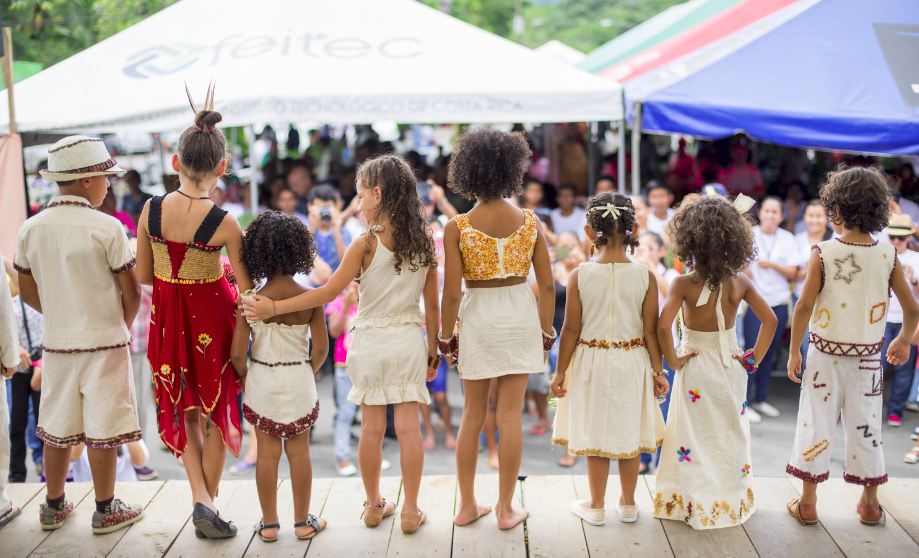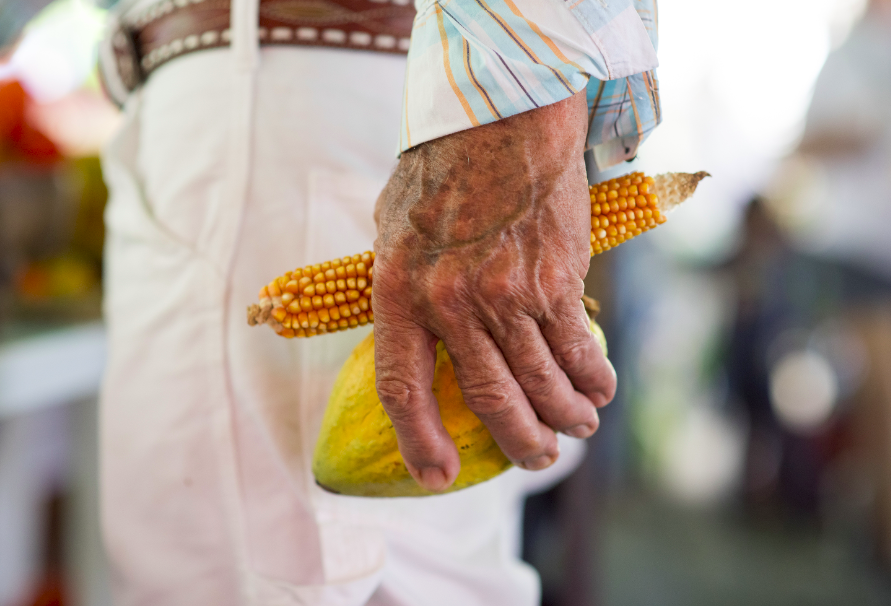Talamanca Celebrates Fourth Agrobiodiversity Fair on November 11 and 12
The activity is held to strengthen protection for the genetics of local seeds, along with traditional culture and values in the ways they are cultivated.
Talamanca, November 2016. Ninety Talamanca-area producers participated in this year’s celebration of the Agrobiodiversity Fair. One of them, Gonzalo Moreno, owner of a farm called Finca Integral Loroco and recognized as the “Seed Keeper,” commented “I’m very happy to be able to participate and be part of a committee that organizes this activity; Talamanca has been declared a transgenic-free zone, and activities like this one help us to have a healthier life.”
Also attending were representatives of the Yorkín del Guabo indigenous community, producers in Puerto Viejo de Paraíso de Talamanca, and farmers invited from the neighboring community of Tablas, in Panama.
The purpose of the activity is to strengthen protection for the genetics of local seeds, along with traditional culture and values in the ways they are cultivated. It is organized by the International Union for the Conservation of Nature (IUCN) and the Talamanca-Caribbean Biological Corridor in the frame of Project AVE: Adaptation, Vulnerability and Ecosystems, funded by the Climate Initiative of the Federal Ministry of Environment, Nature Conservation, Building and Nuclear Security of Germany.
Institutions and associations making up the fair’s organizing committee included the State University for Distance Learning, the National Training Institute, the Technological Institute of Costa Rica, the Ministry of Agriculture and Livestock, indigenous associations, the Municipality of Talamanca, and others.
“What I like most about the activity is being able to exchange seeds we used to have on our farm but can’t find now, and other kinds the producers bring, and that we can give them seeds they don’t have any more.” José Luis Zúñiga, farmworker, Talamanca
Currently implemented in Panama, Costa Rica, Honduras, El Salvador, Guatemala and Chiapas (Mexico), Project AVE pursues nature-based and more sustainable solutions so communities can better adapt to the effects of climate change, generating and sharing knowledge and communication capacities to improve decision making at all levels. The Agrobiodiversity Fair is one type of nature-based solution, also known as an ecosystem-based adaptation measure.
For more information contact Marta Pérez de Madrid at: MartaClaudia.PEREZ@iucn.org
